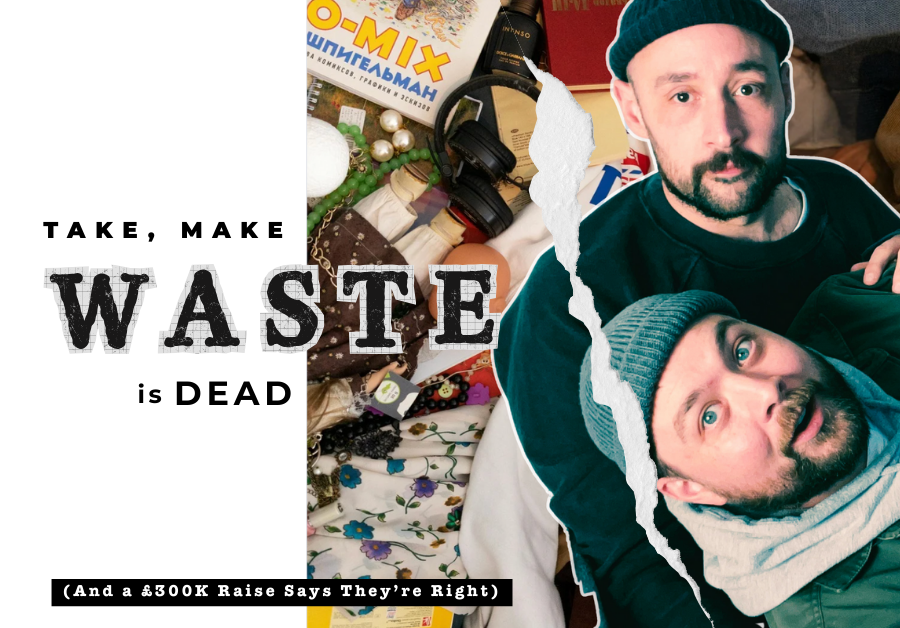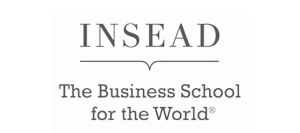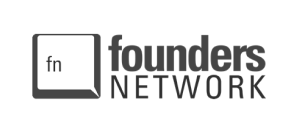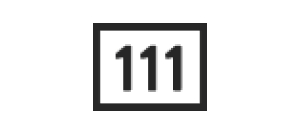TL;DR
Returnal is a circular economy startup helping retailers turn returns into revenue by making circularity both practical and profitable. Their white-label platform lets brands buy back used items, refurbish them, and resell with ease. With £300K in funding and launch day around the corner, Returnal is showing that sustainability and smart business can absolutely go hand in hand.
In a shed somewhere outside of Manchester, a power drill gathers dust.
It was bought in a flurry of enthusiasm, spurred by a weekend urge to mount a floating shelf that now holds exactly one plant and a copy of Atomic Habits. Since then, it’s lived a quiet life tucked behind a half-used tin of Dulux, a bucket of brittle clothes pegs, and a set of Allen keys that have never found their match.
That scene isn’t rare. In fact, it’s the norm.
“The average drill is used for just 12 to 13 minutes in its entire lifetime,” says Jacob Margiotta, co-founder of Returnal, a startup working to turn that kind of wasted potential into business opportunity. “Mine’s in the garage somewhere. I don’t even know where the charger is.”
Jake and his nephew Luke Davies know this story well, not just from their own homes, but from years spent growing a successful online auction platform. It was in the back rooms of those operations, buried beneath pallets of returned stock, that the idea for Returnal began to take shape.
A Platform Built on Waste
Retailers, they realised, were sitting on untapped value, they just didn’t have the systems to make use of it. Luke and Jake had spent years working at an auction house, where they sold returned stock for major UK retailers like John Lewis. They saw how many products still had plenty of life left but were often liquidated for a fraction of their worth.
Then came the spark. In 2021, John Lewis publicly committed to launching a nationwide product buy-back program by 2025. It was a big promise… one that made headlines.
“We started asking retailers about their ambitions to deliver circular models, and it turned out they all wanted to but didn’t really know how. That’s when we realised – maybe we do”
So they left the auction world, teamed up full-time, and built Returnal: a platform designed to help retailers launch buy-back programs for used goods. Customers return their pre-loved items in exchange for store credit. Returnal facilitates the refurbishment and resale process, all white-labelled, so the experience feels seamless for both retailers and shoppers.
“It’s a customer acquisition tool that pays for itself,” Luke explains. “Rather than spending money to bring new customers in, you’re earning money through products already in circulation.”
What Is a Circular Economy, Anyway?
Returnal’s business model is rooted in the circular economy, a concept gaining serious traction across industries. Unlike the traditional linear economy (take, make, dispose), a circular model is designed to keep products and materials in use for as long as possible through reuse, refurbishment, and recycling.
The idea is simple: less waste, more value.
And the potential? Massive. According to The Business Research Company, the global circular economy market is expected to grow from $463.07 billion in 2024 to over $798.3 billion by 2029, reflecting a compound annual growth rate (CAGR) of 11.4%.
Returnal isn’t reinventing the wheel, they’re giving it another spin.
Solving the Reverse Logistics Problem
Integral to making circularity possible is something most consumers have never heard of: reverse logistics.
Reverse logistics refers to the process of moving goods from the customer back to the seller or manufacturer. It includes everything from product returns and repairs to recycling and disposal. For retailers, it’s notoriously complex and expensive – a logistical headache often seen as a sunk cost.
That’s changing. The global reverse logistics market is projected to grow from $801.64 billion in 2024 to over $1.16 trillion by 2032, according to Fortune Business Insights.
Returnal helps retailers not just absorb the cost of returns, but actively monetise them, turning a liability into a revenue stream.
“There’s so much underutilised value in people’s homes,” says Luke. “No one’s tapping into it, but we are.”
Profit with Purpose
For Luke, and Jake this isn’t just about building efficient tech. It’s about building a business that matters. Before co-founding Returnal, he worked in policing, a world far removed from product strategy and retail software.
“I was dealing with people living tough lives – addiction, repeat offenses, systemic problems. Then I got into business, and suddenly everything was about profit margins.“I felt conflicted”
A coaching session changed his perspective. What if purpose and profit weren’t opposing forces? What if they could be designed to work together?
Returnal became that idea brought to life. A business that lets retailers meet their bottom line and their climate goals. A model where sustainability doesn’t sit in the CSR report, it sits on the balance sheet.
“If we can get the sustainability lead and the CFO excited about the same thing,” Luke says, “then we’ve done something right.”
The MOHARA Collaboration
To make it all real, Returnal partnered with MOHARA, a product development studio that specialises in helping startups validate and build early-stage ideas.
After gaining some valuable experience with a previous large-scale software build, Luke and Jake were clear on their intention to rigorously validate their use cases before jumping in with both feet
“Then we spoke to MOHARA,” Jake says. “They told us, ‘Give us £10K and we’ll help you validate the concept first.’ It was a revelation.”
Working with MOHARA’s team, including MOHARA engagement lead Yasmin Naude-Lorentz, Returnal was able to skip the feature bloat and focus on building a minimum viable product (MVP) that actually solved a problem.
“As founders, you’ve got a million ideas a day. Yasmin was brilliant at helping us filter the noise,” Luke laughs. “She’s like the gentle destroyer of bad ideas.”
Where They’re Headed
With their MVP built, Returnal is preparing to launch with a small cohort of retail clients. The team plans to collect live feedback, observe real-world consumer behaviour, and refine the product before scaling.
“We’re not lighting cash on fire,” Luke says. “We’re learning first. Then we’ll grow.”
Their official launch is scheduled for April 23rd. Beyond that, the goal is clear: expand carefully, scale wisely, and continue proving that doing good can be good business.
They’ve reached the top of one mountain, now we’re looking at the next one, and it’s a lot higher. But they’ve climbed before- and they’re ready to do it again.
Closing the Loop
Returnal isn’t just a returns platform. It’s a rethinking of how value moves through the retail system, and how retailers can capture more of it, while wasting less.
In a world where sustainability is becoming a mandate, not a maybe, Returnal is offering something deceptively rare: a model that’s good for customers, good for retailers, and good for the planet, all without asking anyone to compromise.
That old power drill? For now, it’s still in the shed.
But soon, someone like Humphrey from Leicester will dust it off in a heroic — and ultimately futile attempt to assemble an IKEA shelf without swearing. He’ll use it once, maybe twice, then realise he’s more of a flat-pack minimalist than a DIY maximalist.
So, back it goes. Returned, refurbished, recirculated.
The cycle continues, the value lives on, and thanks to Returnal, the shelf might even survive the next round.










